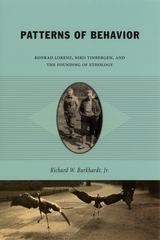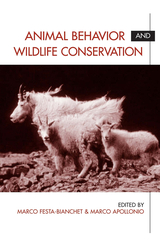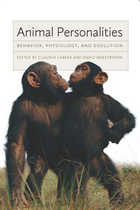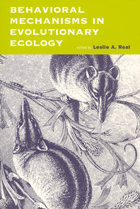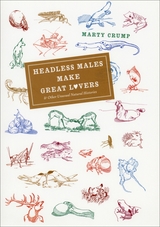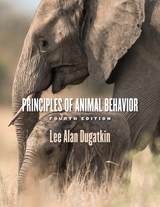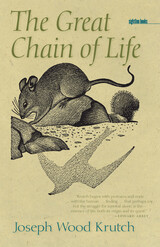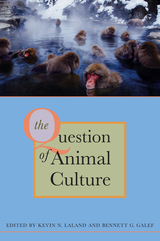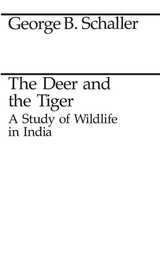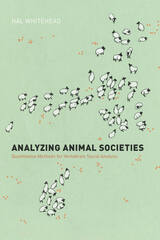Cloth: 978-0-674-06460-7 | Paper: 978-0-674-06461-4
Library of Congress Classification QL751.M876
Dewey Decimal Classification 591.51
This readable text represents a much needed synthesis of ecological insight into animal behavior. The field of behavioral ecology is relatively new, having evolved from a combination of classical ethology, as developed by Lorenz and Tinbergen, and population ecology. Now for the first time, a single author integrates the vast literature on animal ecology and behavior into a conceptual whole.
Exploring the theme of resource acquisitions, Douglass H. Morse combines the comparative approach to biology with models based on evolutionary theory. Secondary consequences of sexual selection and other selective pressures are considered in detail. Discussion of interspecific interactions and constraints is especially rich, as is the treatment of foraging theory, kinship theory, habitat selection and predator avoidance. Perhaps the book’s greatest achievement, however, is its unparalleled ecological and evolutionary analysis of individual differences.
Behavioral Mechanisms in Ecology will meet the teaching and reference needs of an extremely broad audience of professional biologists.
See other books on: Animal behavior | Animal ecology | Behavioral Mechanisms | Biology | Morse, Douglass H.
See other titles from Harvard University Press


